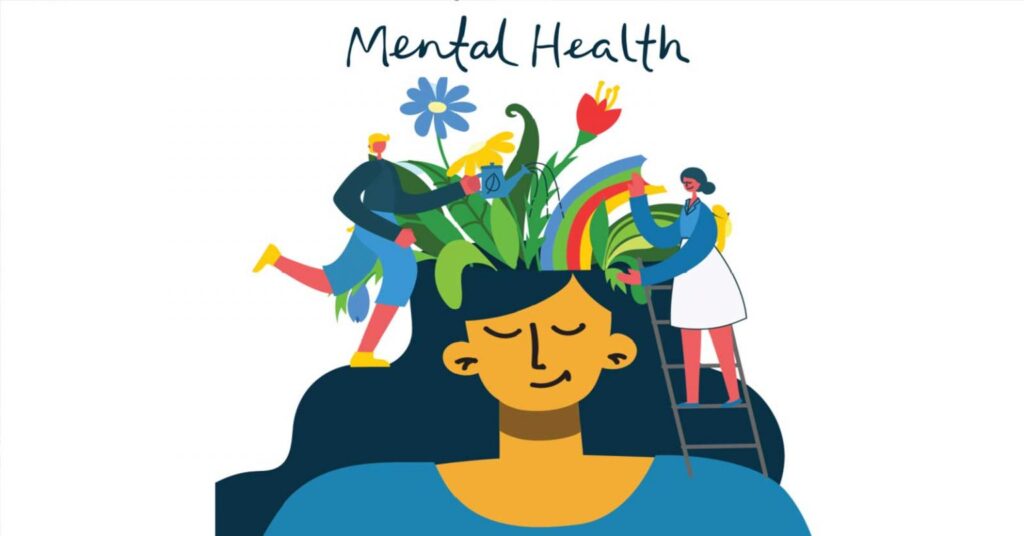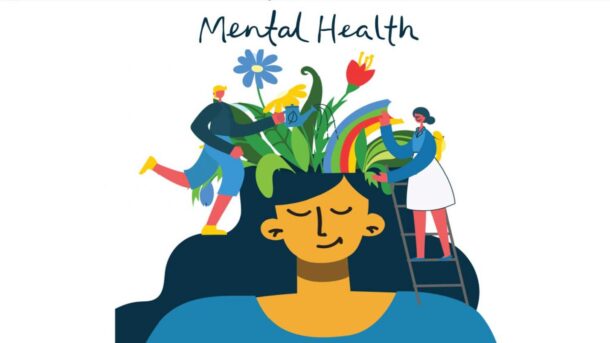We’ve all heard the phrase “mental health matters,” yet the way we discuss it remains riddled with stigma, oversimplification, and silence. Imagine if we treated physical health the same way: avoiding conversations about exercise because it might offend those with chronic conditions, or whispering about cancer as though it’s a moral failing. Mental health deserves the same openness, nuance, and proactive care we give our bodies—but getting there requires dismantling harmful narratives.

Why “Just Be Strong” Isn’t Enough
Mental health isn’t binary. You wouldn’t label someone “physically ill” for needing glasses or managing allergies, yet we often reduce psychological well-being to two extremes: “healthy” or “broken.” The reality? Nearly 1 in 5 adults globally experiences a mental health condition annually, according to the World Health Organization. Even those without a diagnosed illness face daily battles—stress, burnout, grief—that shape their mental resilience.
The term “mental strength” often sparks discomfort. Critics argue it implies those struggling simply lack willpower. But consider this: Building physical strength doesn’t cure diabetes, yet we encourage exercise to manage it. Similarly, mental strength—practicing mindfulness, challenging negative thoughts, setting boundaries—isn’t about “fixing” illness. It’s about equipping people to navigate life’s storms, whether they’re weathering a rough week or a lifelong condition.
Redesigning the Conversation: From Stigma to Solutions
Changing how we talk about mental health starts with small, intentional shifts. Here’s how to lead the charge:
- Normalize the Spectrum
Replace “Are you okay?” with “Where are you on your mental health journey today?” Acknowledge that everyone fluctuates. Some days we’re energized; others, we’re barely treading water. By framing mental health as a dynamic continuum, we reduce shame and invite honesty. - Swap Judgment for Curiosity
When someone shares a struggle, avoid dismissive phrases like “It could be worse” or “Stay positive.” Instead, ask: “What’s feeling heaviest right now?” or “How can I support you?” This opens dialogue without assumptions. - Highlight Everyday Resilience
Share stories of “ordinary” mental strength. Did you take a walk to clear your mind after a stressful meeting? Did a colleague set boundaries to protect their energy? Celebrate these acts as victories, not weaknesses. - Integrate Mental Health into Daily Systems
Schools and workplaces often treat mental health as an afterthought. What if we embedded it into routines? For example:- Workplaces: Mandate “mental health minutes” in meetings to discuss stressors.
- Schools: Teach coping skills alongside math and science.
- Media: Partner with creators to portray mental health journeys authentically, not as plot twists for villains.
- Demystify Resources
Many people don’t seek help because they don’t know where to start. Share tools like:- Free Apps: Sanvello for anxiety management, Woebot for CBT-based coaching.
- Global Hotlines: International Association for Suicide Prevention’s directory .
- Community Programs: Local peer support groups, often overlooked yet transformative.
- Challenge Media Myths
Movies often link mental illness to violence or instability. Counter this by amplifying stories of recovery and resilience. Discuss films like Silver Linings Playbook or Inside Out that humanize struggles without sensationalism. - Lead by Vulnerability
When leaders—CEOs, teachers, parents—open up about their mental health, it gives others permission to do the same. A CEO admitting they take therapy breaks normalizes self-care; a parent discussing their anxiety models courage, not weakness.

The Future of Mental Health: A Collective Responsibility
Imagine a world where mental health checkups are as routine as dental cleanings. Where “I’m seeing my therapist” carries no more stigma than “I’m seeing my trainer.” This isn’t a utopian fantasy—it’s achievable if we prioritize empathy over judgment.
Mental health isn’t a solo battle; it’s a community effort. Every conversation, every shared resource, every moment of vulnerability chips away at the stigma. Let’s stop whispering about mental health and start shouting—not in fear, but in solidarity.



